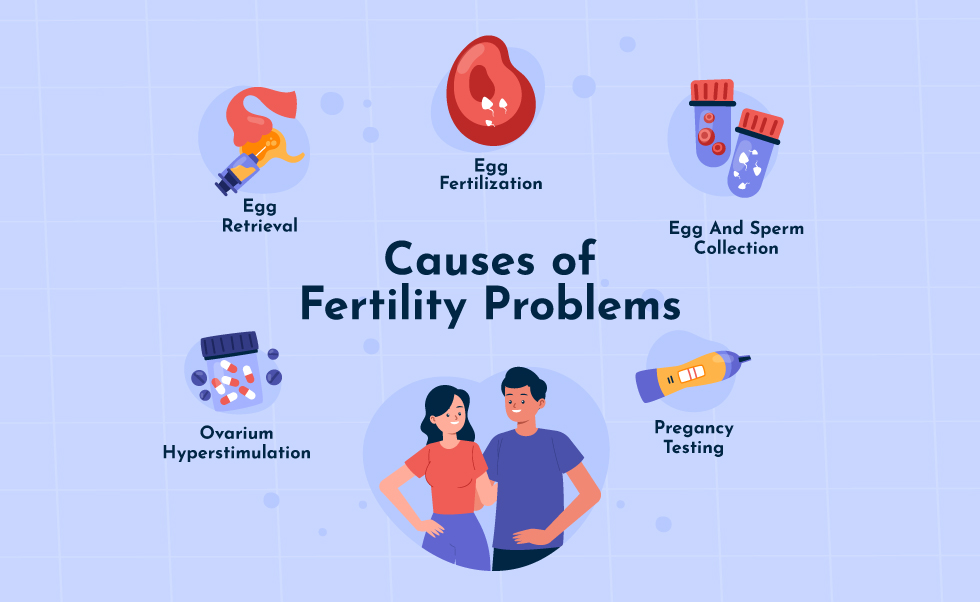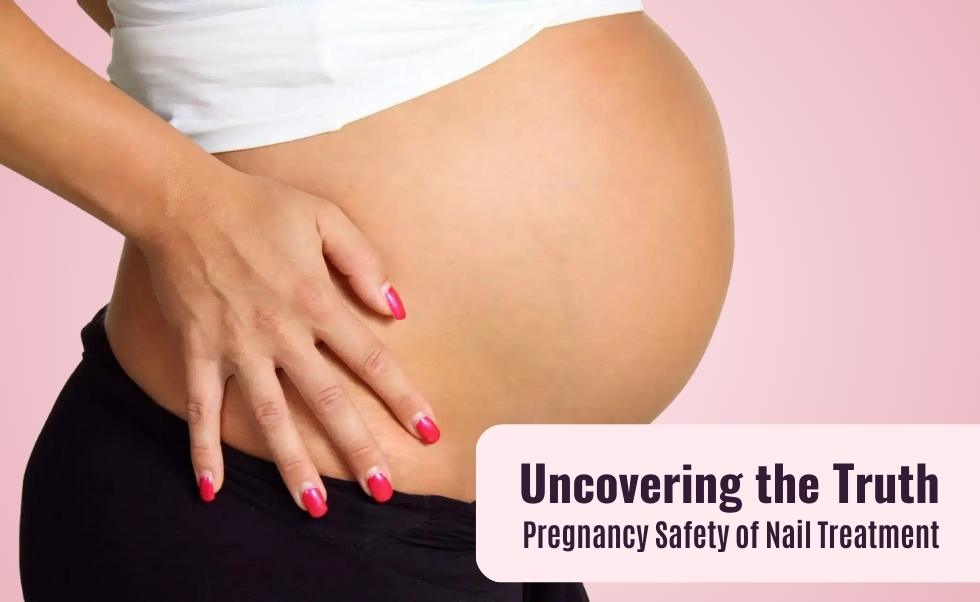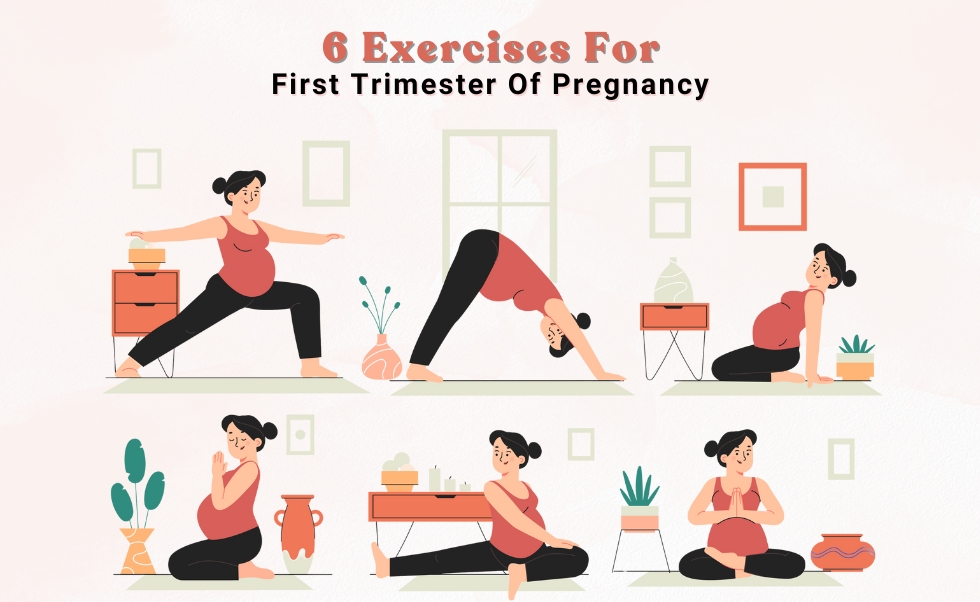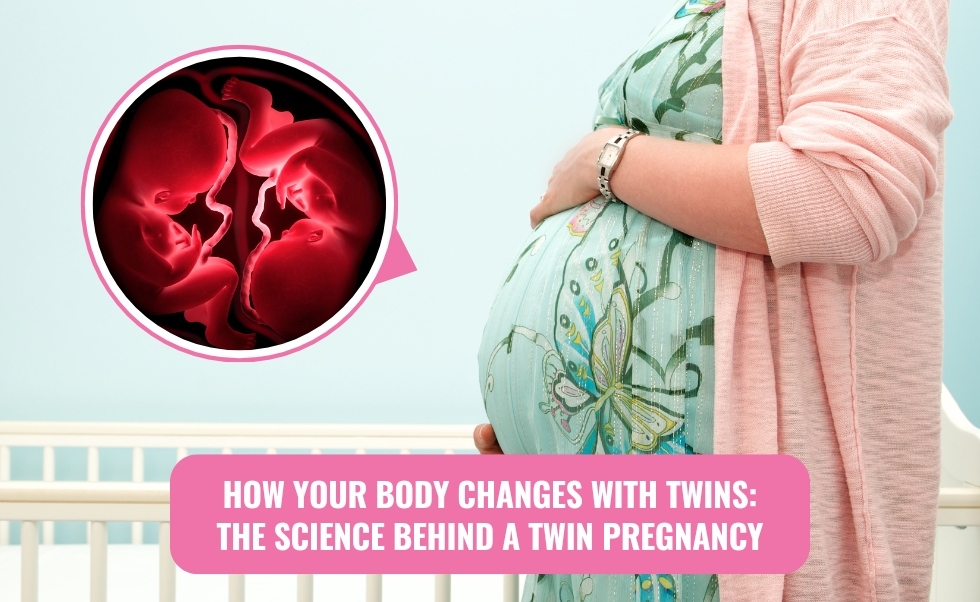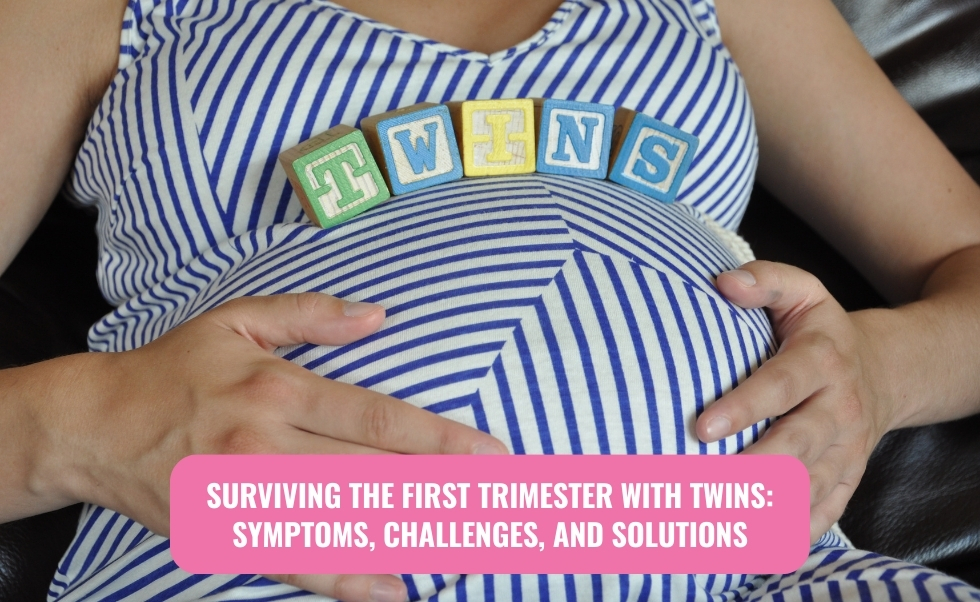Fertility is a shared concern for many couples eagerly anticipating the joy of starting a family. Understanding the common causes of fertility problems is informative and crucial in addressing and overcoming these challenges. Numerous factors affecting both men and women can influence fertility.
What are the Common Causes of Female Fertility Problems?
Ovulation Disorders:
- Polycystic Ovary Syndrome (PCOS): A hormonal disorder causing irregular or prolonged menstrual periods and excess androgen levels. PCOS can interfere with ovulation, making it difficult to conceive.
- Hypothalamic Dysfunction: Stress, weight changes, or excessive exercise can affect the production of hormones necessary for ovulation, leading to irregular or absent periods.
- Premature Ovarian Insufficiency: Also known as early menopause, this occurs when the ovaries stop functioning normally before age 40, leading to a decline in fertility.
Tubal Factors:
- Blocked Fallopian Tubes: Infections, such as pelvic inflammatory disease (PID), sexually transmitted infections (STIs), or previous surgeries, can cause blockages or damage to the fallopian tubes, preventing the egg and sperm from meeting.
- Endometriosis is when tissue similar to the lining inside the uterus grows outside the uterus. This often affects the ovaries, fallopian tubes, and pelvic lining, leading to blockages or inflammation.
Uterine and Cervical Factors:
- Fibroids are non-cancerous growths in the uterus that can interfere with the implantation of the fertilized egg or block the fallopian tubes.
- Polyps: Growths in the uterine lining that can hinder implantation.
- Cervical Stenosis: Narrowing of the cervix, which can impede the passage of sperm into the uterus.
Age:
As women age, the quantity and quality of their eggs decline, reducing fertility. This is particularly noticeable after age 35.
What are the Common Causes of Male Fertility Problems?

Sperm Production Issues:
- Low Sperm Count: A lower number of sperm reduces the chances of fertilizing an egg.
- Poor Sperm Motility: Sperm that cannot swim effectively may struggle to reach and fertilize the egg.
- Abnormal Sperm Morphology: Sperm with an irregular shape can have difficulty fertilizing an egg.
Hormonal Imbalances:
- Testosterone Deficiency: Low testosterone levels or other hormones can impact sperm production.
- Hypogonadism: A condition where the body doesn’t produce enough testosterone, affecting fertility.
Ejaculation Issues:
- Retrograde Ejaculation: Semen enters the bladder instead of emerging through the penis during ejaculation.
- Erectile Dysfunction: Difficulty in achieving or maintaining an erection can prevent successful intercourse.
Genetic Factors:
Certain genetic conditions, such as Klinefelter syndrome, can affect sperm production and function.
Lifestyle Factors:
- Smoking: Can reduce sperm count and motility.
- Alcohol: Excessive alcohol consumption can impair sperm production.
- Drug Use: Anabolic steroids, marijuana, and other drugs can negatively impact fertility.
- Obesity: This can lead to hormonal imbalances affecting sperm production.
What are the Shared fertility Causes Affecting Both Men and Women
1. Medical Conditions:
- Diabetes Can affect fertility in both men and women.
- Thyroid Disorders: Imbalances in thyroid hormones can interfere with ovulation in women and sperm production in men.
2. Environmental and Occupational Factors:
- Exposure to Toxins: Chemicals, heavy metals, and radiation can impact reproductive health.
- Heat: Prolonged exposure to high temperatures, such as hot tubs or saunas, can affect sperm production in men.
3. Lifestyle Factors:
- Stress: Chronic stress can interfere with hormonal balance and reproductive functions.
- Diet and Nutrition: Poor diet and nutritional deficiencies can impact fertility in both men and women.
Fertility problems can stem from a variety of factors affecting both men and women. Understanding these causes is the first step toward addressing and overcoming fertility challenges. If you are experiencing difficulties conceiving, remember that seeking medical advice is not just important; it’s empowering. A healthcare professional can thoroughly evaluate and recommend appropriate treatments or lifestyle changes to improve your chances of achieving a healthy pregnancy. Keep in mind many couples facing fertility issues go on to have successful pregnancies with the right support and interventions. There is hope, and you are not alone in this journey.

